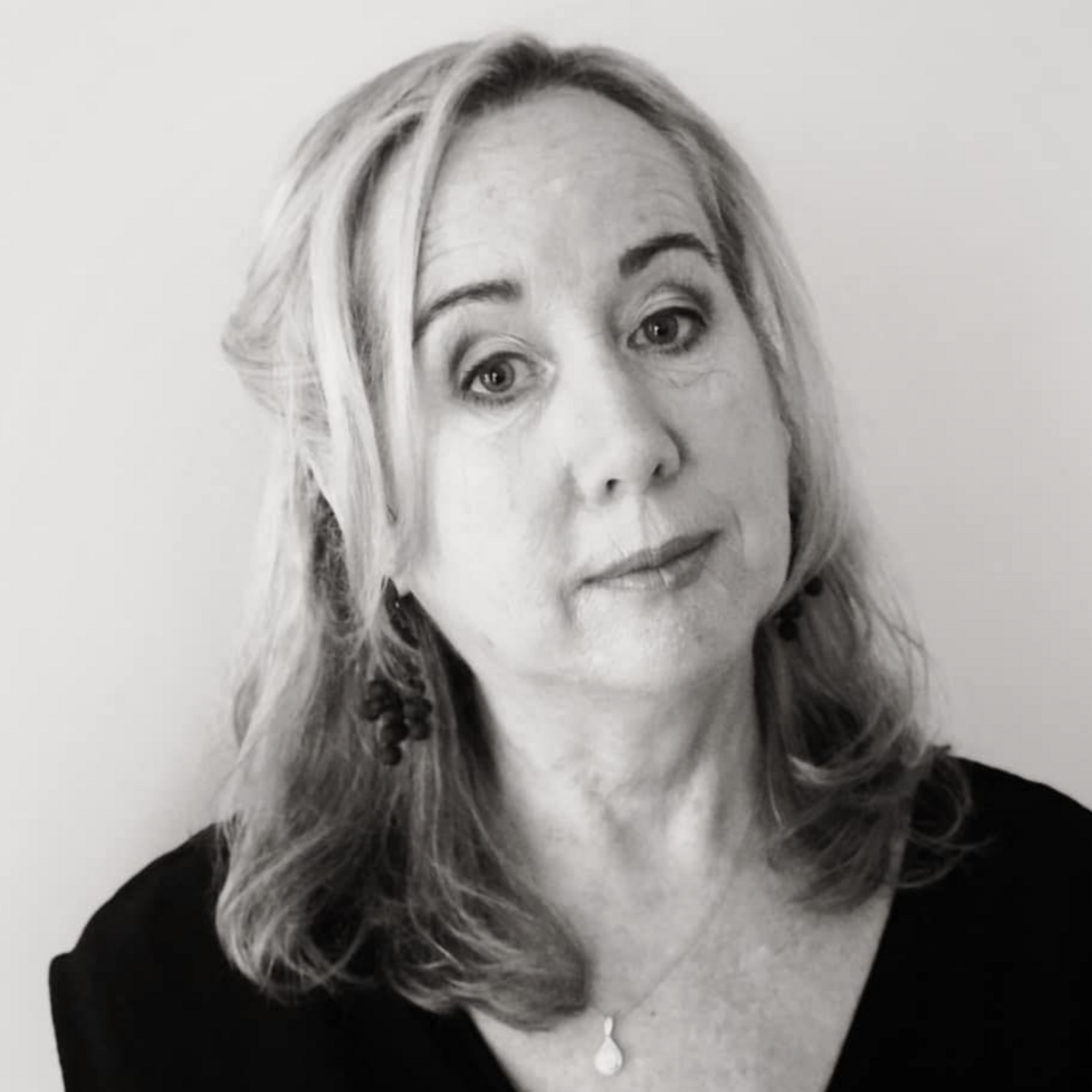
Professor E. Jayne White, Professor at the University of Canterbury, New Zealand, has a long-held interest in visual methodologies. As President of the Association for Visual Pedagogies and Editor-in-Chief of the associated Video Journal of Education and Pedagogy she leads a scholarly society that is committed to the promotion and promulgation of all aspects of visuality in relation to education. Jayne's own key area of scholarship is early childhood education, with an emphasis on what she describes as 'the work of the eye/I' in effortful visualising with, for and about young children. Not surprisingly, this focus has presented a number of ethical and methodological challenges that she continues to navigate in her quest to grant visibility to these, and associated, spaces. Her most recent edited book, published by Brill, examines some of these issues and she is part of an editors collective who question the ethical strongholds that limit our view and, in doing so, limit the potential to be seen as well as heard in educational contexts. (for more details see: https://www.ejaynewhite.com/).
Seeing ethically in research: a dialogue "with" the academy
The work of the eye and its relationship with the subjective 'I' of the researcher has increasingly become yolked to the co-constituted 'we' in research today. Methodologically speaking, visualities have long since offered additional insights to the claims that researchers can make - ranging from positivist truth claims, or persuasive commentary (e.g. documentary), through to poststructural assemblages or landscapes of 'wild being'. What gets visualised and how is correpondingly brought forth for scholarly scrutiny is deeply connected to researcher confessions and accountabilities concerning their 'seeings'. As such, researchers are called upon ethically to answer for the images that are produced or shared, their treatment as scholarly research, and the claims that can or should be made as a consequence. So too is the academy implicated. Ethics committees/boards and other institutional gatekeepers share ethical responsibility for what is seen, and, importantly, what is not - asking probing questions concerning potential threats to those involved by asking what might be visibilised as a consequence, by whom, for whom, when and how and in contemplation of social media. In this presentation Professor White will explore the role of the researcher in dialoguing with the academy about the ethical constraints and opportunities of visual research. Attendees will then be invited to explore the parameters of what is possible, and what is not, against their own research priorities and by examining international guidelines and principles that orient these important discussions, alongside local, institutional, parameters.